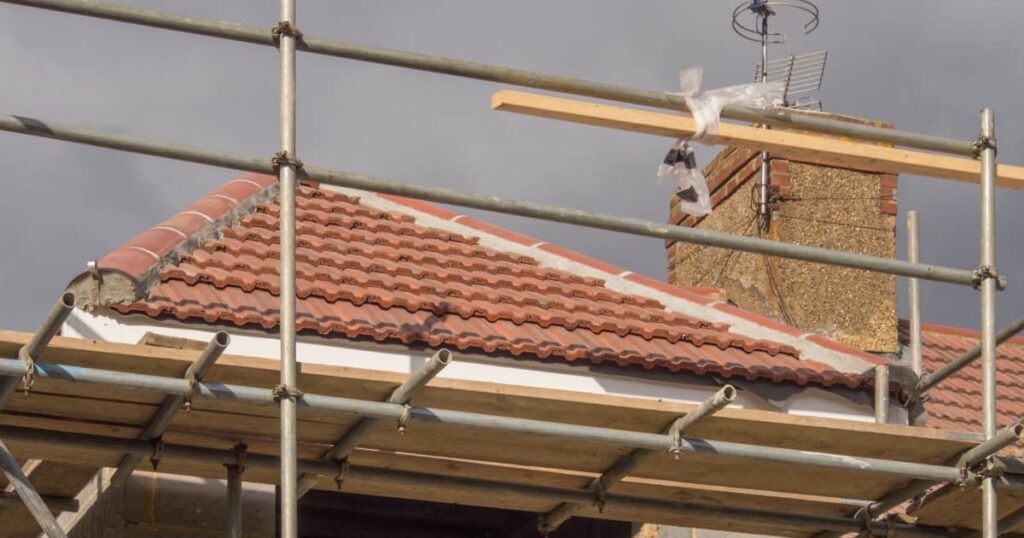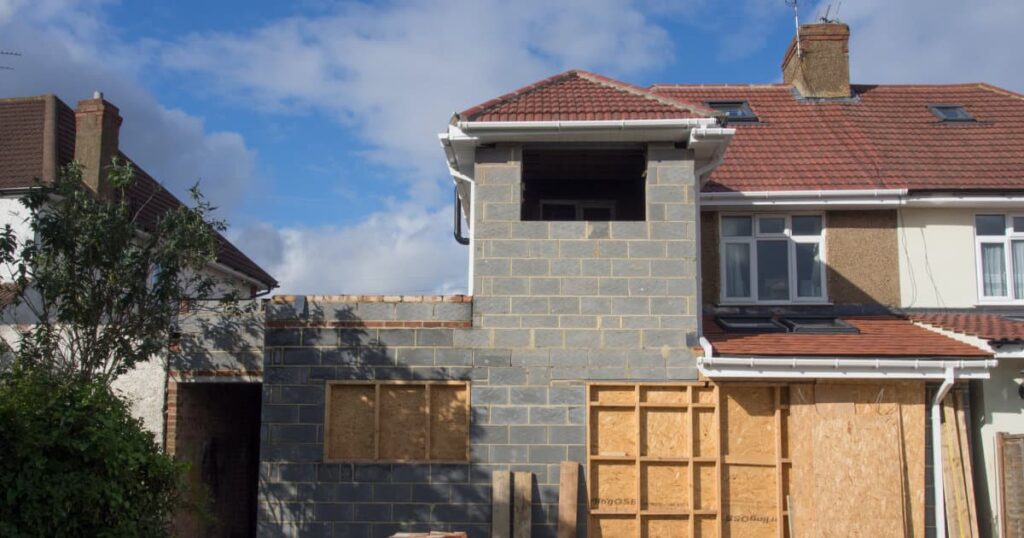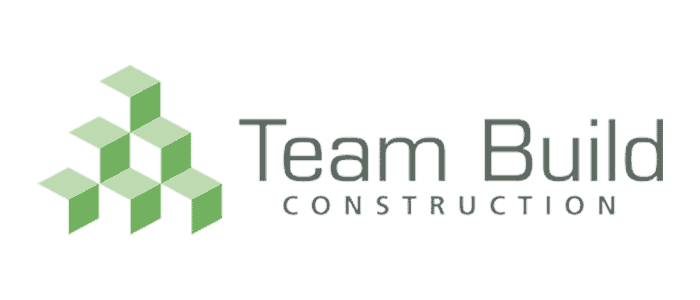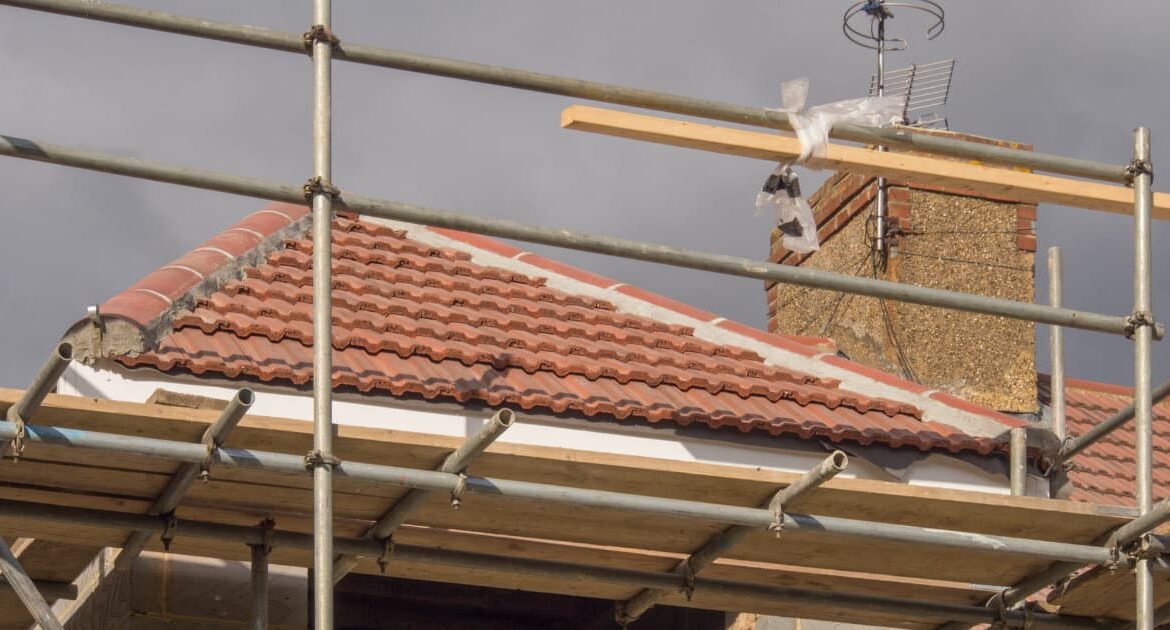
There are a great many reasons why you might decide to invest time and money in a home renovation or extension project – and because of this, there are also a wide array of ways in which you can do so. One of the options which is increasingly growing in popularity is to manage your own project – setting the budgets and establishing the timeline, as well as sourcing the best suppliers and overseeing the progression of the work from day one through to completion.
For those who are considering their very own home extension or renovation project, this blog post outlines the things to remember and what you need to take into account before diving in.
The budget
Managing an extension or renovation project means having a budget that you plan to stick to, but also understanding that you need to be flexible with your costs – and that some parts of the process may be most costly than you expected. When it comes to setting your budget, we recommend assigning an overall estimated cost to the project as a whole, and then breaking that down further into the different parts of the project – so that you can manage your expenses more carefully as you progress from design through to planning, build and completion.
The timeline
Once you have a budget and a plan, you will need to assign some kind of timeline to your project. This is a big part of the overall role of a project manager, as it allows them to touch base with and oversee the work of all the different experts, suppliers, and providers involved in the process from start to finish – ensuring that everyone is working to schedule. If you take on the role of managing your own renovation or extension, you will need to be confident in understanding the importance of time management and the individual roles of each provider on your complete timeline.
Outsourcing different work
Even if you are committed to managing the renovation or extension from start to finish with as little external input as possible, there will still be tasks and areas of the build which need outside intervention. When it comes to outsourcing various parts of your project, you need to consider references and be able to confirm their validity – taking on both online and offline recommendations.
TOP TIP: Ask people you know who they have worked with in the past, particularly friends and acquaintances who have had work done recently. Word of mouth is by far the best form of referral for local work.
Follow the regulations

From obtaining planning permission to getting the permission of your local council for certain renovation and extension work, playing by the rules is an important part of managing your project. Not only will it mean your work can go ahead as scheduled without problems, but it will prevent questions from being asked later down the line.
TOP TIP: As well as following the more formal rules laid out by councils and planning offices, be sure to do what you can to keep your neighbours onside.
Should I call in an expert?
Not sure where to start with managing your own renovation or extension project? You might find that approaching a trusted construction company is the best way to proceed so that they can help to manage your expectations from the beginning and also ensure the project is completed on time and within budget.
For more information, get in touch with our team.
And finally, keep reading for a project management checklist to help you stick to plan.
Your project management checklist
- Check any rules, regulations, or restrictions concerning the ownership of land or the status of your property, before starting work
- Set a timeline and establish a realistic and flexible budget to keep you on track
- Don’t rush when it comes to sourcing and signing up contractors – take recommendations and reviews on board, and make sure you are happy before committing
- Check the access to and from the building site, and secure the site with welfare standards and protection
- Get insurance in place
- Check the lead time for supplies, and the timeline across different contractors to ensure that your project can move forward consistently
- Arrange any utility and connection changes, including electricity and water or plumbing
- Have a vision and a plan in place that will help you to achieve the best aesthetic as well as the most practical and functional use of space

